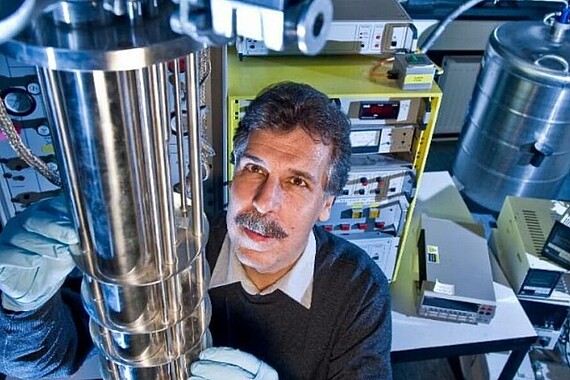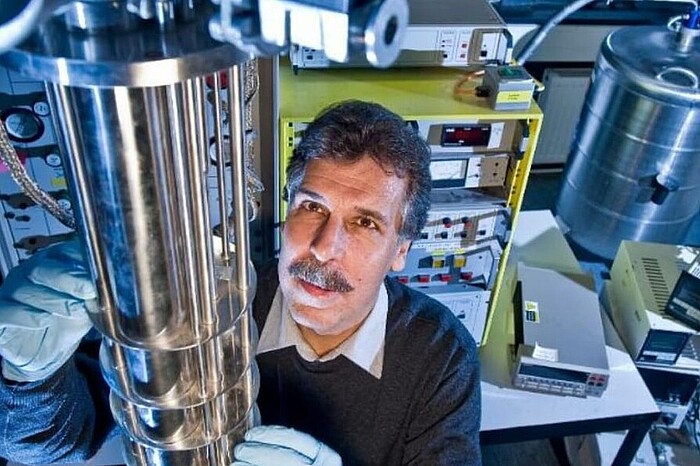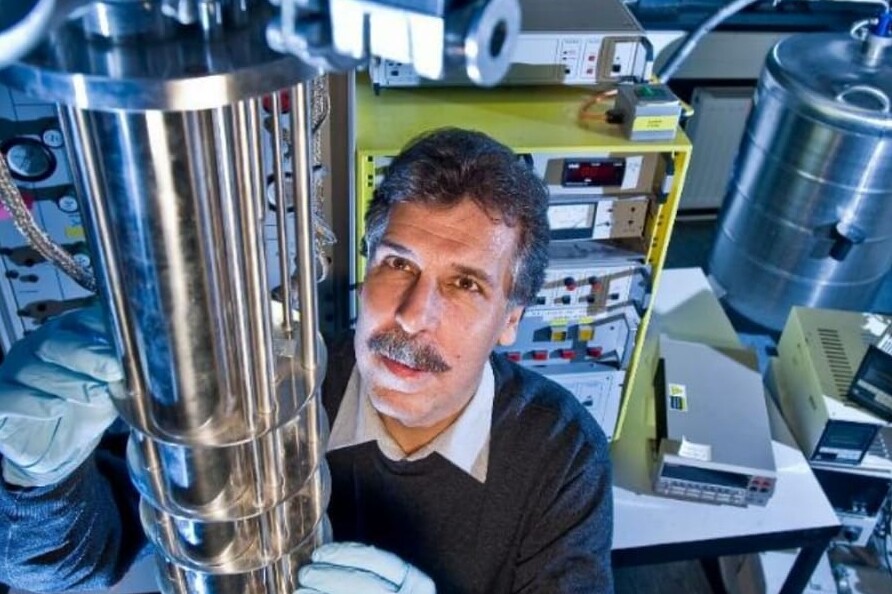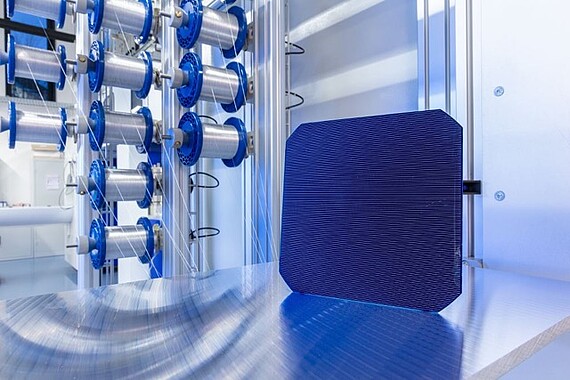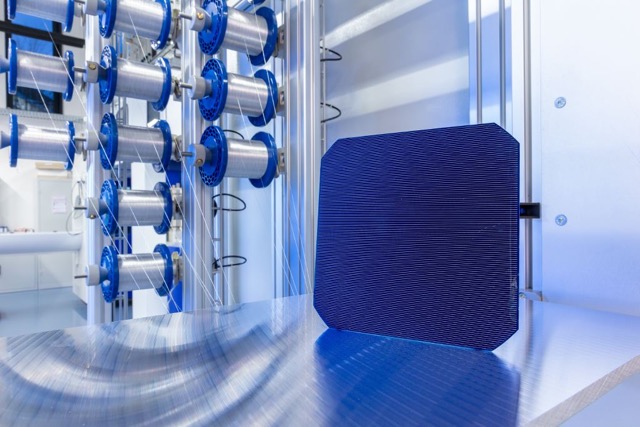-
Prof. Dr. Fei Ding
Quantum engineering with low-dimensional semiconductors
-
Prof. Dr. Michael Zopf
Experimental Quantum Photonics
-
Prof. Dr. Lin Zhang
Energy storage
-
Prof. Dr. Ilja Gerhardt
the light & matter group
Atomic and Molecular Structures
Nanostructures
Solar Energy
Department: Atomic and Molecular Structures
Group Ding
We explore semiconductors at the nanoscale where quantum effects prevail. We study their interaction with light for fundamental insights in physics and application in quantum networks. Key research areas include the development of semiconductor quantum dots for the generation of single and entangled photons, and their distribution for quantum communication applications via the "Niedersachsen Quantum Link", a dark fiber connection between Hannover and Braunschweig.
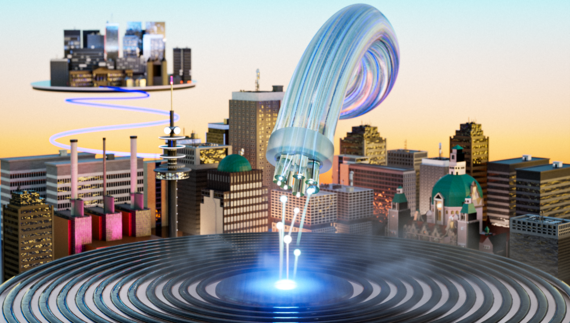


light & matter group
The central goal of our research is to experimentally research on the ultimate limits of single emitter and single photon spectroscopy. This includes their detection, their microscopic localization, and the sensing of single emitters and their environment.
In some experiments we couple single molecules to other quantum objects, such as silver nanowires, atomic vapors, etc.. The combination of single solid-state emitters and the narrow-band features of an atomic system opens up a novel field of quantum-hybrid systems. Our research on single molecules has been very influential to other areas, such as the research on quantum dots and single atoms.
For quantum sensing and quantum optics we utilize hot atomic vapors, which represent a very robust line of quantum technologies.
Quantum hacking is the vital combination of quantum information, information theory and the daily quest to extend our view on information security. We perform real-word quantum cryptography, which is more than simply sending single photons from A to B.
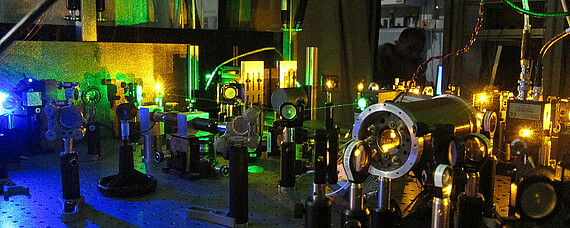
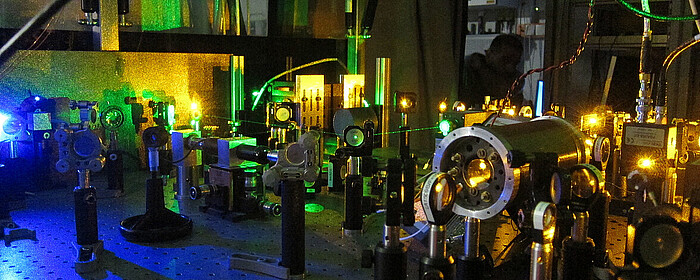
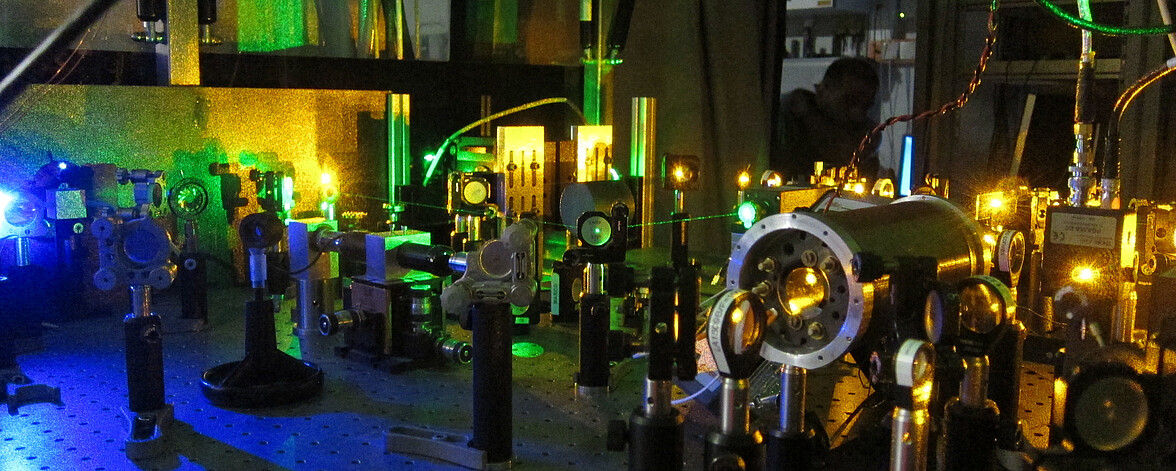
Quantum Futur Group
The QuantumFutur Group around Michael Zopf is dedicated to the on-chip integration of quantum photonic semiconductor devices. The aim is to realize a nanophotonic network of quasi-identical semiconductor quantum dots that can be dynamically tuned by local electric and strain fields. Interfacing these materials with nanophotonic platforms will be studied for the generation of quantum light with applications in secure quantum communication and sensitive quantum sensors.
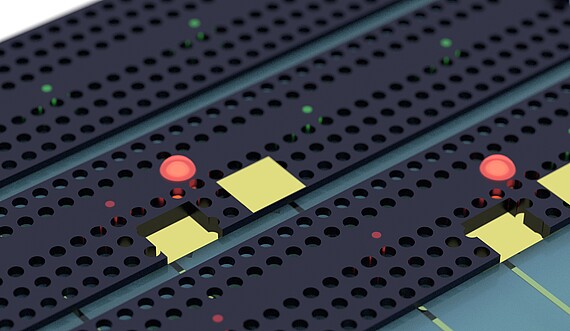
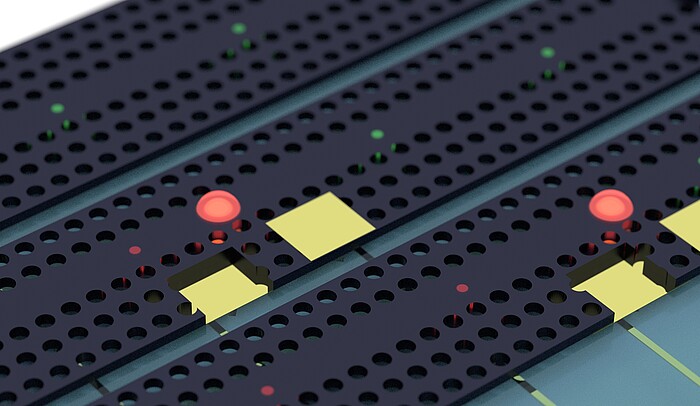
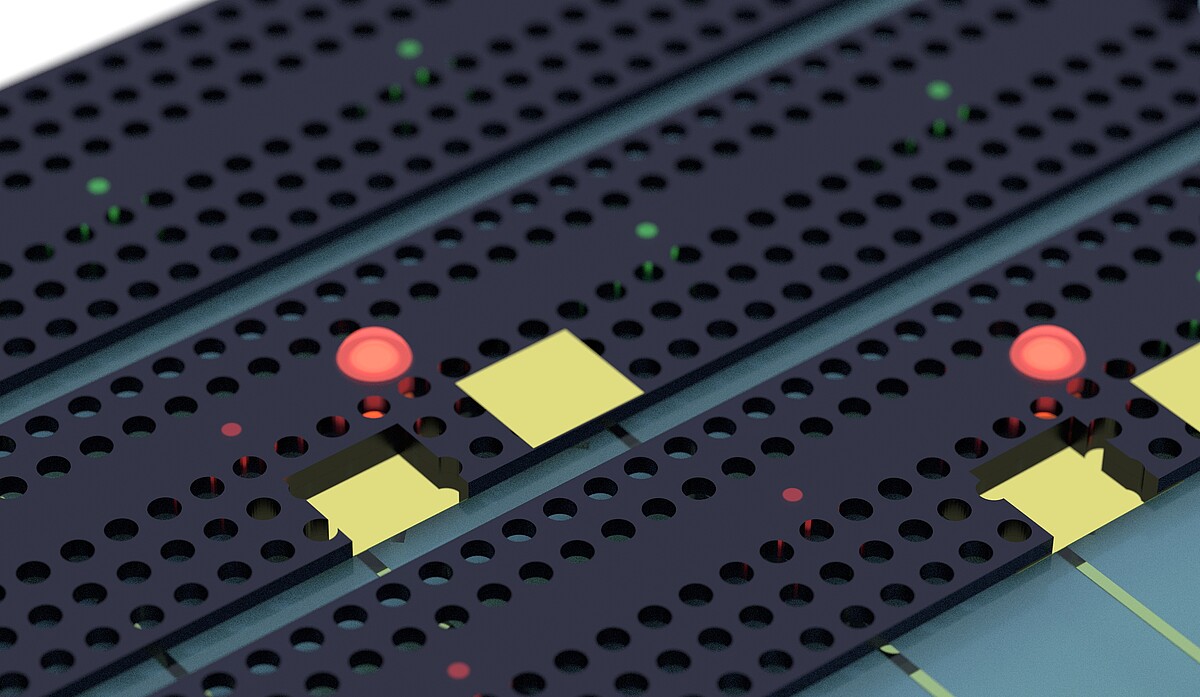
Group Zhang
Renewable sources of energy are abundant in our environment. Their efficient conversion and storage is a huge challenge, which we attempt to solve by designing micro- and nanoscale structures and materials. Through interdisciplinary research in physics, chemistry, and engineering, we aim to produce novel components for energy conversion and storage which are safer, smaller, more efficient and more durable than current solutions.
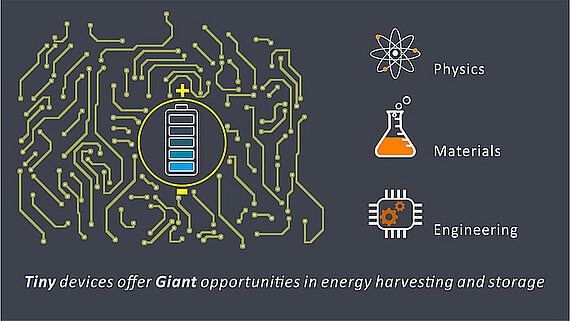
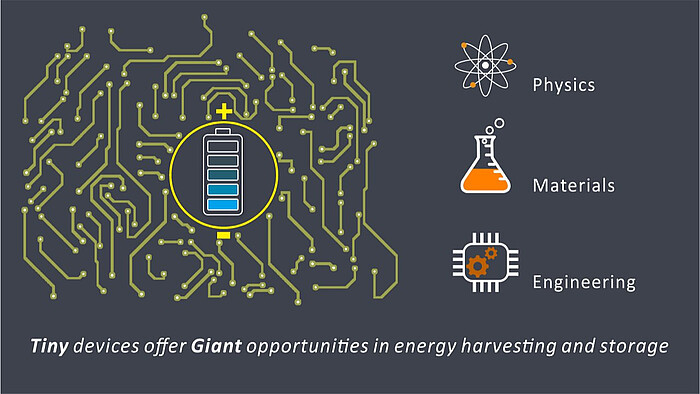

Department: Nanostructures
Group Oestreich
Our research group has long-standing experience in the fields of spin and charge carrier dynamics in complex semiconductor nanostructures as well as concerning the methods of spin noise spectroscopy, ultrafast spectroscopy and Magneto-Optics.
The diverse spectrum of investigated semiconductor nanosystems ranges from bulk GaAs and ultra pure Silicon to two-dimensional transition metal dichalcogenides and up to single holes localized in InGaAs quantum dots.
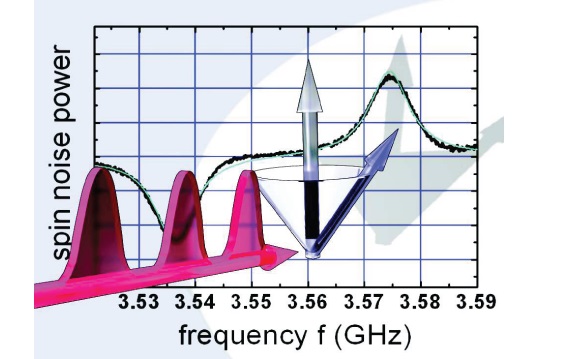


Department: Solar Energy
Group Schmidt
The group Schmidt works on various aspects of photovoltaic materials research, with the experimental work being carried out mainly at ISFH. Main topics include research on defects and defect reactions in semiconductors for photovoltaics as well as charge carrier selective coatings for next generation solar cells.
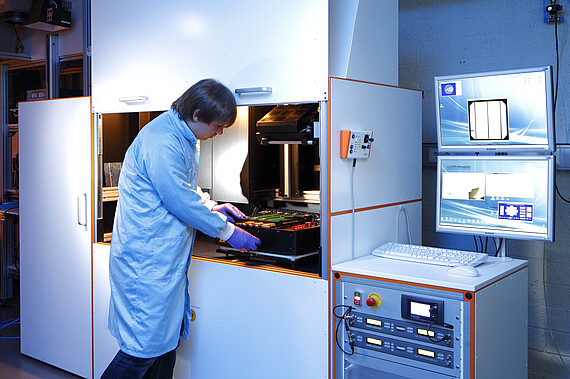
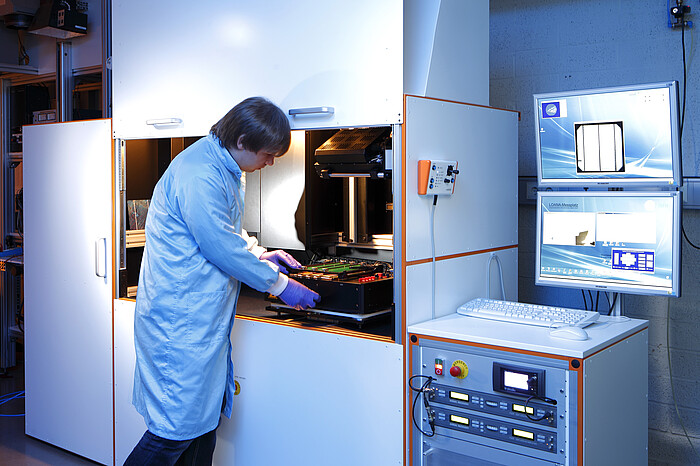
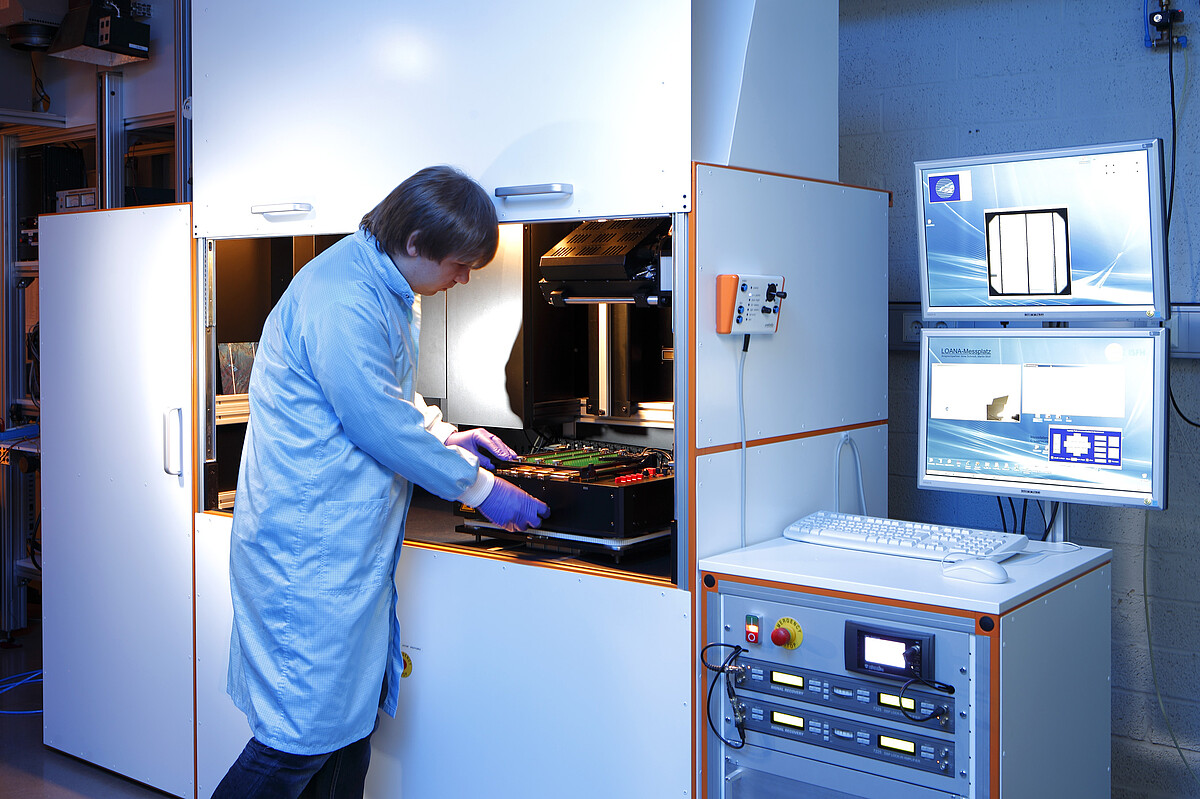
AG Schell (now at JKU Linz)

